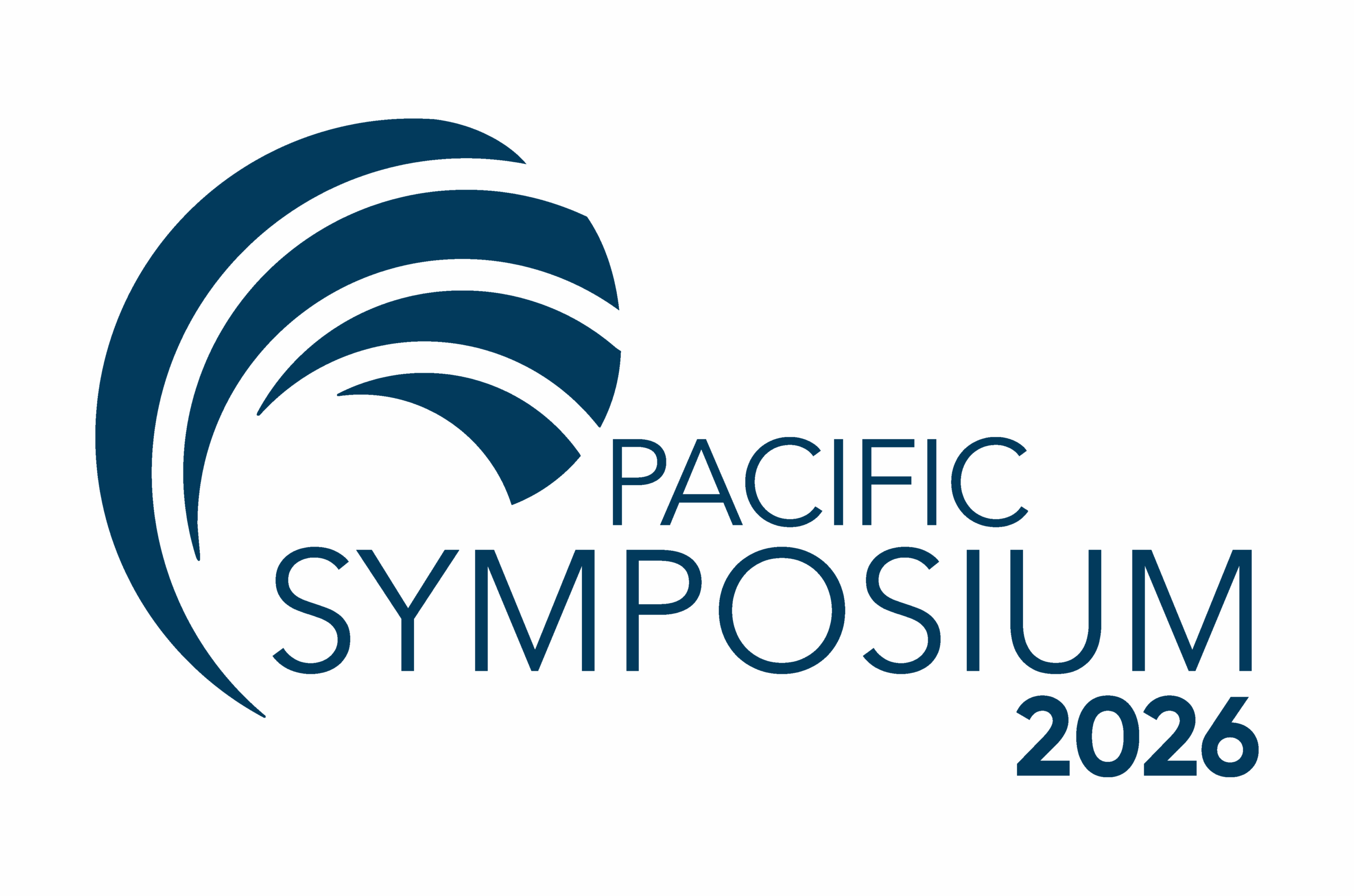Manual muscle testing (MMT) is a integral part of assessment that the TCM practitioner can quickly and effectively add to their clinical practice. MMT provides useful information about “how and why” the injury has occurred or if the patient is susceptible toward future injury. Information gained from MMT informs the practitioner about muscle and channel imbalances, the integrity of the contractile tissue (i.e. how much qi is available to the contractile tissue) and identification of the injured channel and affected tissue.
In this workshop, we will examine easy to learn testing of key muscles associated with different channel correspondences. For example, examining the Heart and Small intestine channel relationship of the shoulder internal and external rotators, the Liver and Gallbladder relationship of the hip abductors and adductors and the Pericardium and San Jiao relationship of the elbow rotators. In addition, we will cover specific muscles test to help differentiate the exact location of pain. For example, a patient complaining of anterior hip pain could be any one of the following muscles: pectineus, iliopsoas, sartorius, tensor fascia latae. Determining the exact tissue that is causing the pain helps the TCM practitioner differentiate the affected channels and ultimately key choices for local, adjacent and distal points. The workshop will focus on manual muscle testing and acupuncture points that directly affect the muscle’s contractile ability.



